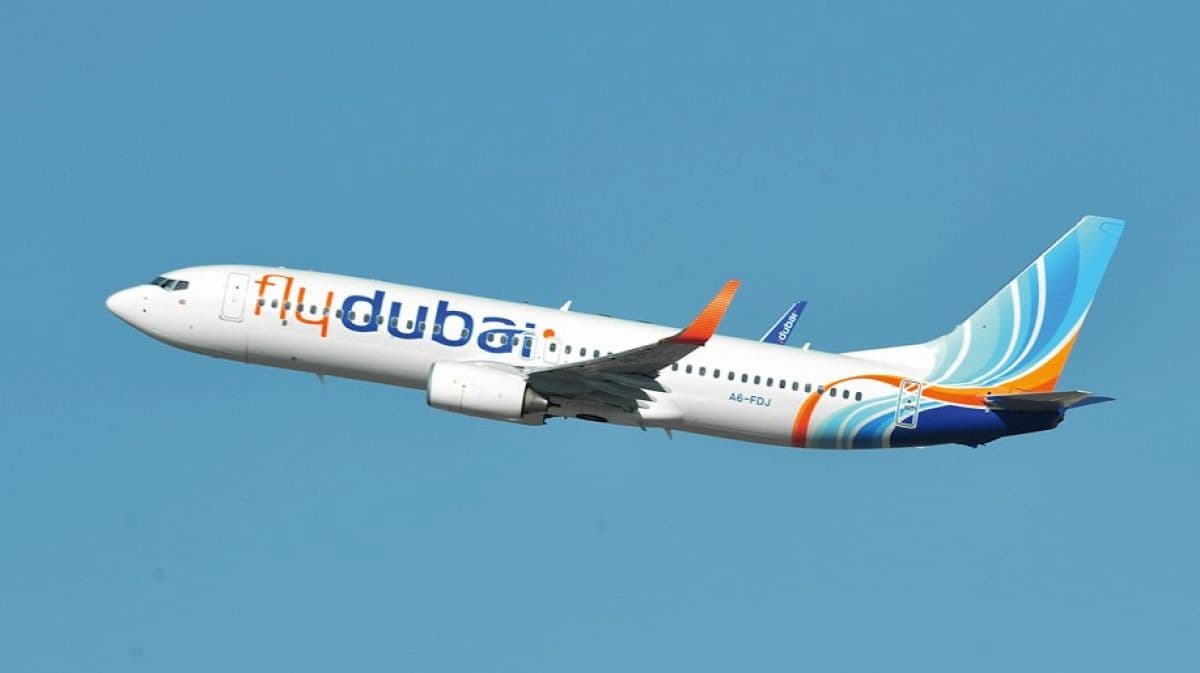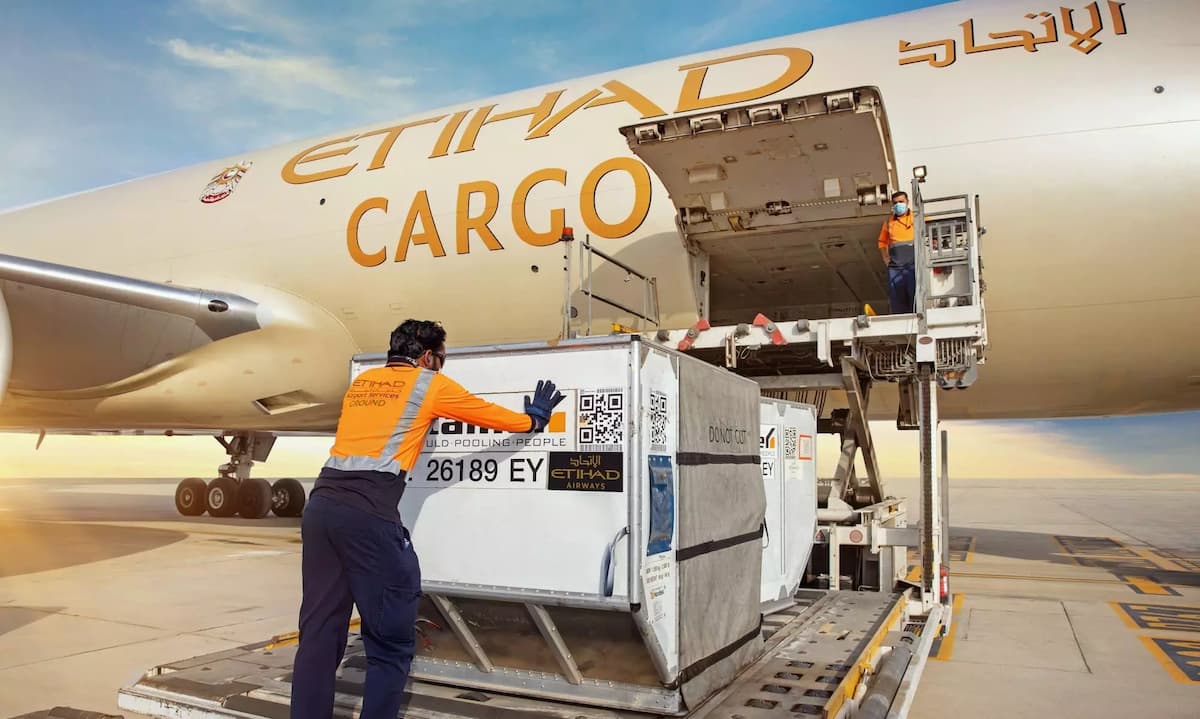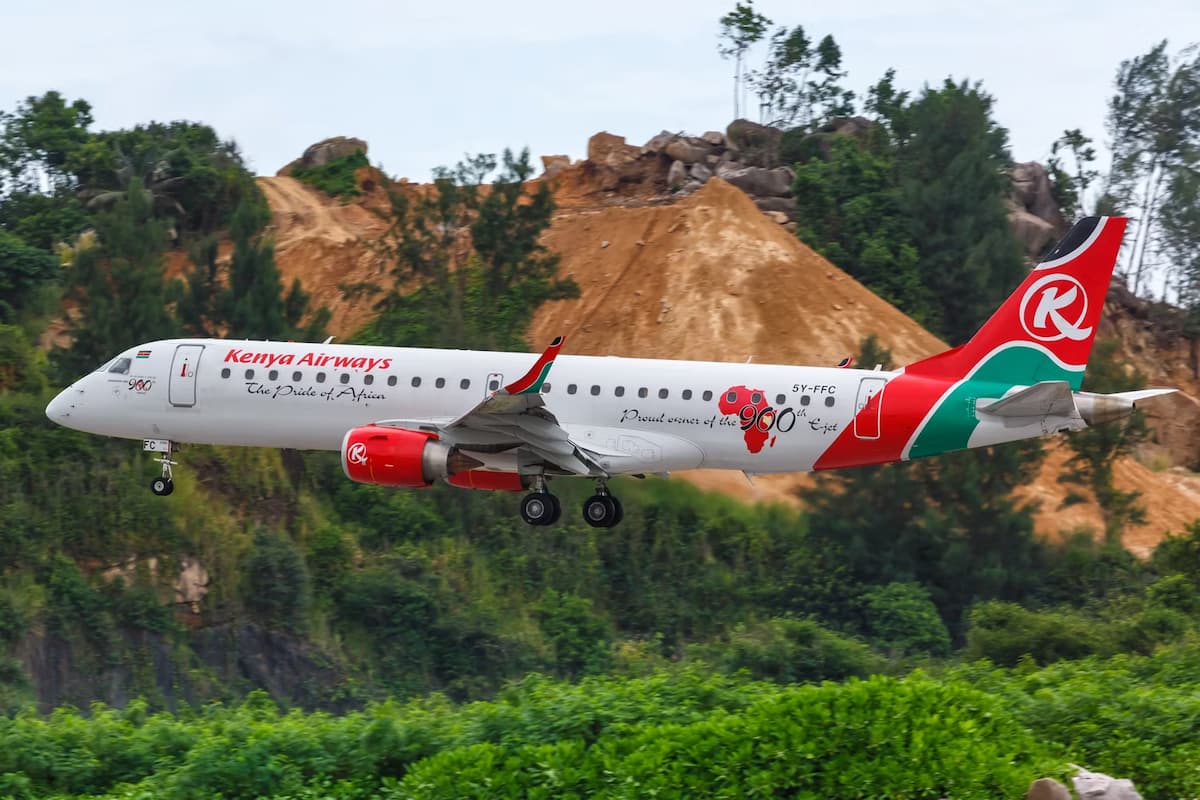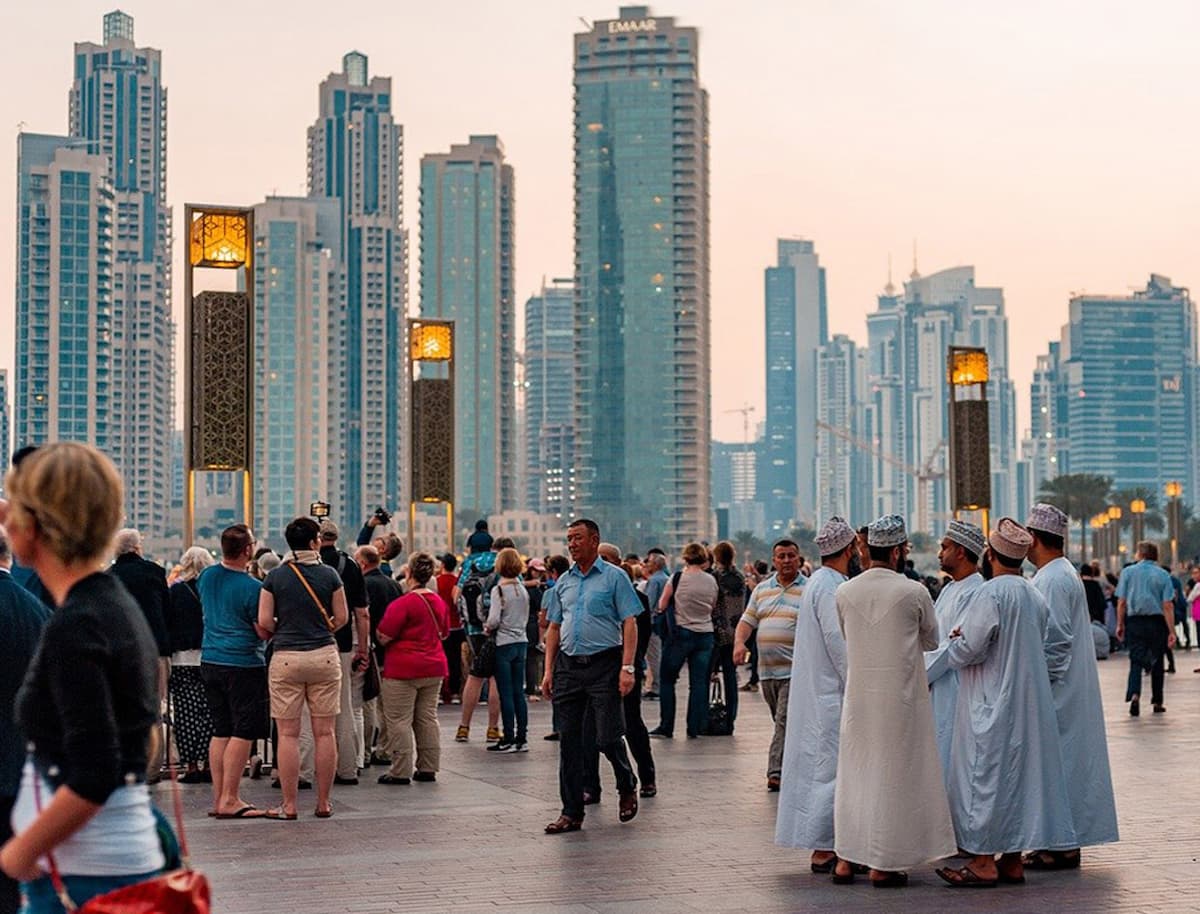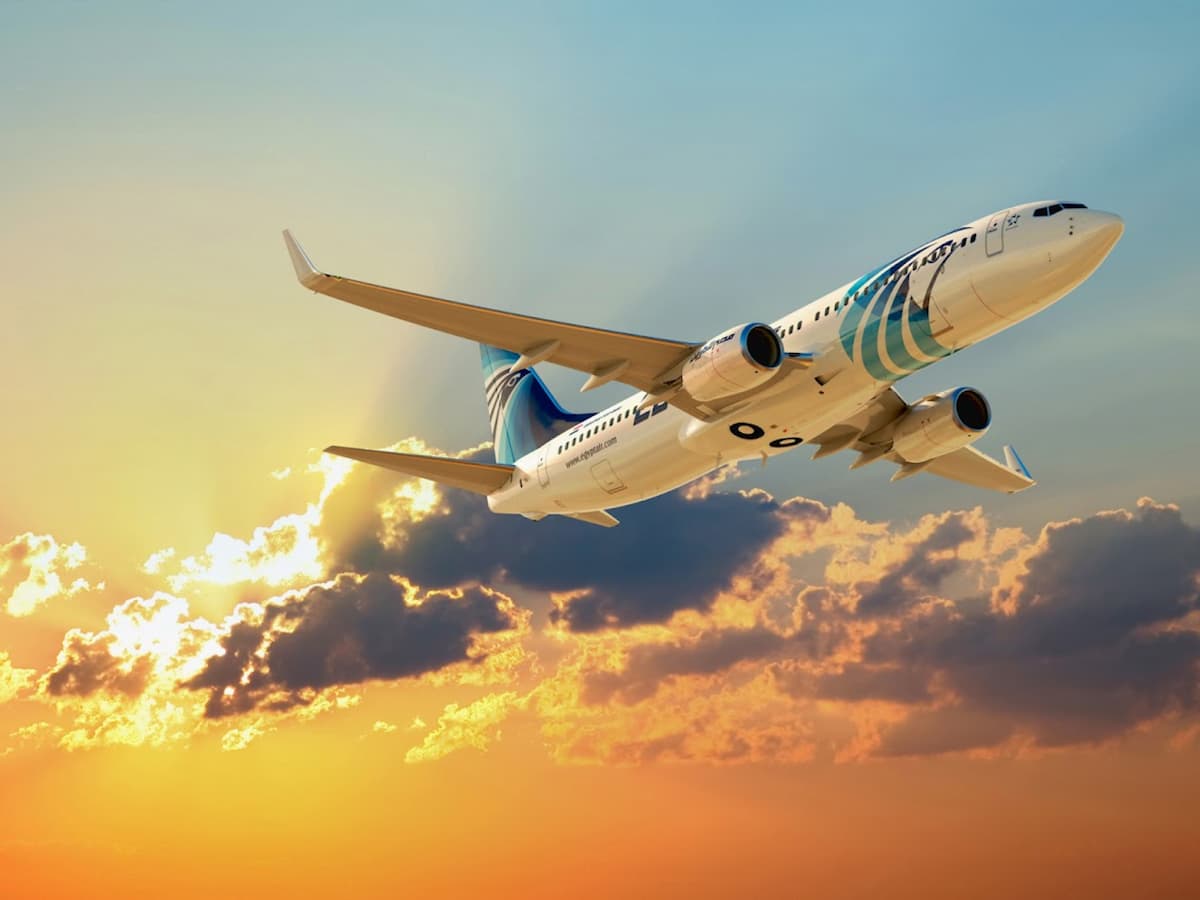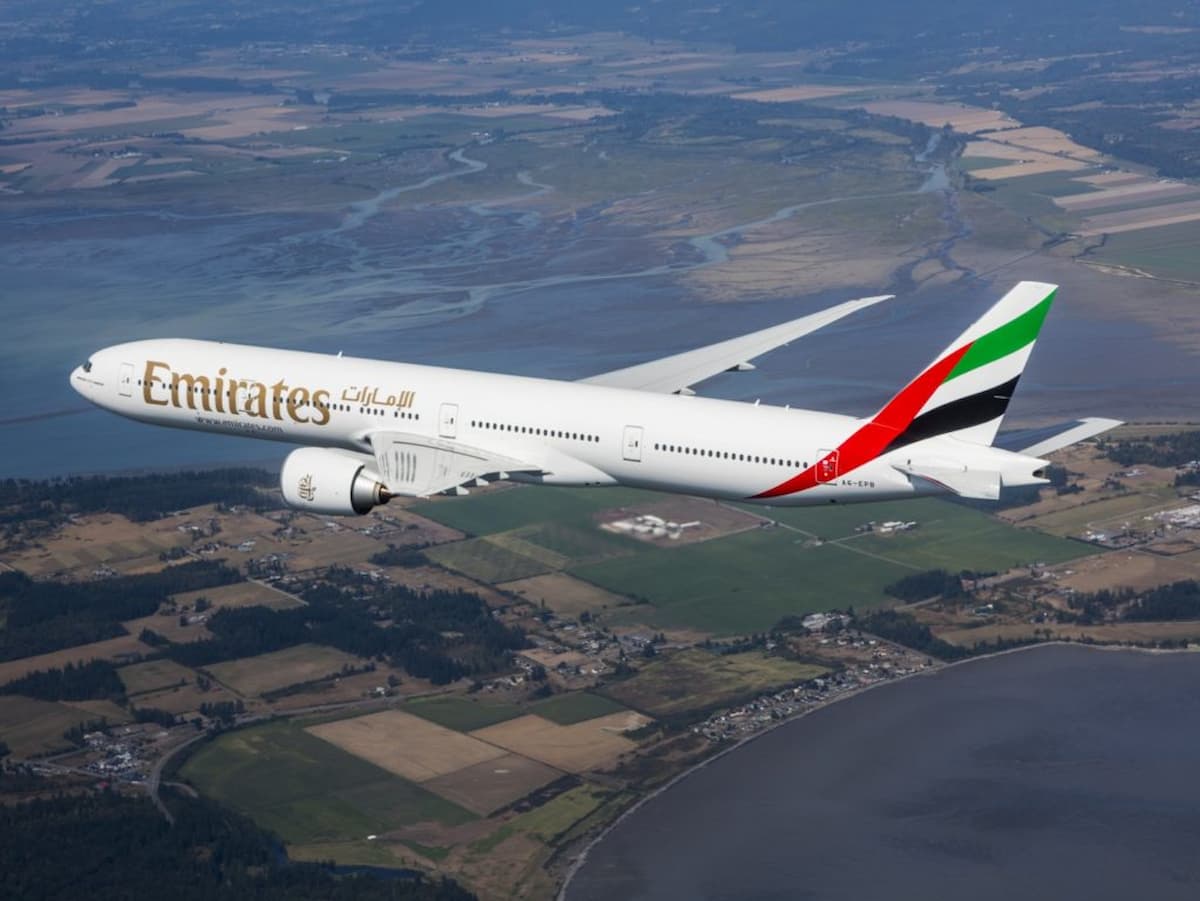Travel will remain strong on the back of robust demand in select emerging economies even
as a potential recession looms, a top executive at the World Travel and Tourism Council has
said.
“At the moment, the bookings we’re seeing are record breaking [and] when you survey
people, and you ask what are their most important needs in life, travel is now number three,”
Julia Simpson, WTTC president and chief executive, told The National in an exclusive
interview.
“We also have emerging middle classes. India is a massive growth market, China is an
incredible market [and] the Japanese market is coming back.”
The global travel and tourism sector is expected to reach $9.5 trillion in 2023, only 5 per cent
below 2019 highs, the WTTC reported.
Despite economic and geopolitical challenges, the industry grew 22 per cent to reach $7.7
trillion last year.
An aggressive return to travel post-Covid-19 has resulted in bottlenecks and delays,
particularly in the aviation industry.
The sector has also been facing severe staffing shortages following the lifting of pandemic-
related restrictions last year.
“Demand is outstripping supply … the airlines at the minute can only fly 80 per cent of their
capacity because there’s a backlog in the number of planes that people can buy and also in
some parts of the world, there are some labour shortage pressures,” said Ms Simpson.
“We’ve got people that may have left the sector [and] not all of them have come back,
although that is beginning to improve.”
Global passenger traffic rebounded to 15 per cent below its pre-pandemic levels in February,
led by airlines in the Asia-Pacific region, which recorded the fastest growth, the International
Air Transport Association said in a report last month.
Total passenger traffic worldwide increased by 55.5 per cent on an annual basis in February,
despite the uncertainty hanging over the global economy, Iata said.
The global economy faces a “rocky” recovery as geopolitics, monetary tightening and
inflation continue to weigh on growth, the International Monetary Fund said last month.
The IMF lowered its global economic growth estimate for this year by 0.1 percentage points
to 2.8 per cent, from what it previously projected in January, with the estimate below the 3.4
per cent expansion recorded in 2022 and the historical growth average of 3.8 per cent from
2000 to 2019.
High inflation could also pose a risk to the travel and tourism industry’s recovery, Ms
Simpson said.
Although airports and airlines try to avoid passing higher costs on to their customers, “it has
to be paid for” at the end of the day.
“That is why you will see some higher fares in the market and also higher prices in hotels,”
she added.
Meanwhile, Ms Simpson also called for an increase in sustainable aviation fuel
production using economic incentives.
SAF, which is made from resources such as agricultural waste, green hydrogen and cooking
oil, is widely considered to be the most significant contributor to helping the sector reach its
net-zero emissions target by 2050.
Countries could consider introducing policies similar to the US Inflation Reduction Act, which
provides SAF producers with a tax credit of $1.25 per gallon, Ms Simpson said.
Current SAF production only meets 0.1 per cent to 0.15 per cent of the requirement, despite
a 200 per cent jump in production last year, according to the WTTC.
“One of the big problems with SAF at the minute is it can cost up to five times as much as jet
fuel. Now, aviation is a very price-sensitive business … that’s why we need the financial
offsets [and] some form of grants or subsidies,” said Ms Simpson.
SOURCE: The National News


